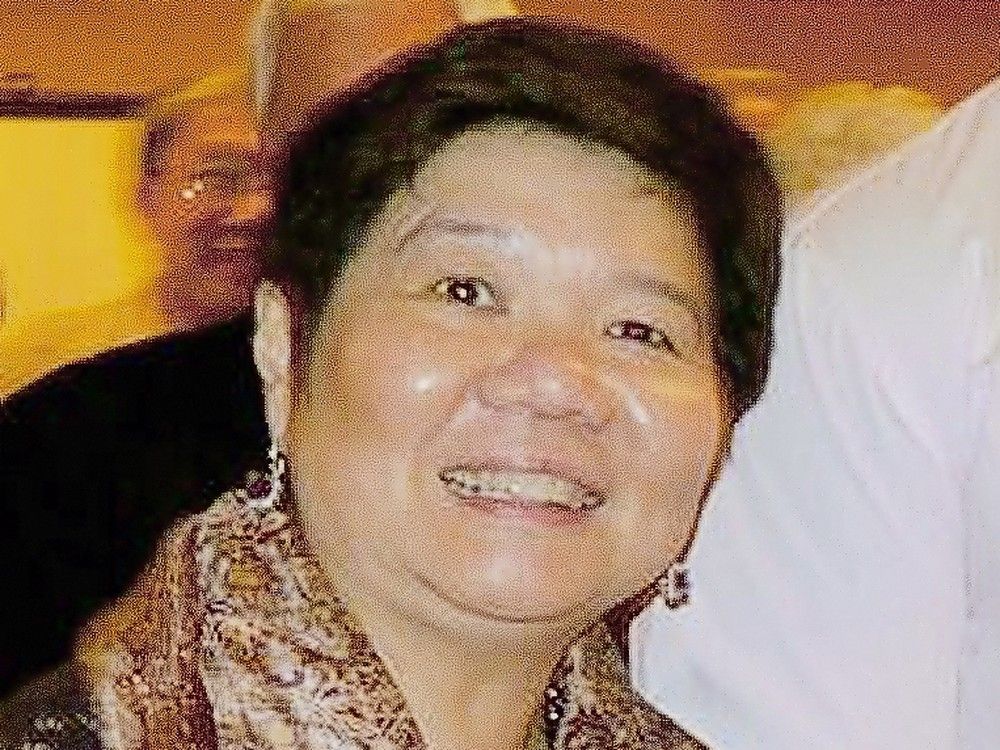
More than eight years after a West Vancouver woman admitted to a $30-million Ponzi scheme and agreed to a settlement with B.C.’s securities regulator, she says she cannot pay any of her $3 million penalty.
Recently, the B.C. Securities Commission filed a claim in B.C. Supreme Court for judgment against Virginia Tan for the penalty, plus interest.
The securities commission noted it has not received any money as a result of the settlement agreement.
In a written statement, B.C. Securities Commission spokesperson Elise Palmer said filing a notice of claim allows the securities commission to preserve the limitation period to keep the claim alive.
“We take all action we can until we legally can’t anymore,” said Palmer. “This is part of our overall collections strategy where our goal is to preserve debts for as long as possible to be sure they have the full deterrent effect.”
Palmer noted the debt is not actually owed to the commission until investors are paid in full, one of the terms of the settlement agreement.
In response to the court filing, Tan said although she signed the agreement, she does not have access to this amount of money, and does not have any way of earning it due to her old age and failing health.
Tan, who filed her own court response, said she is an undischarged bankrupt with no assets.
Investors have recouped some money.
As a result of a class action suit, $2.354 million was distributed to investors in 2021.
Investors were also paid some money from another class-action suit against the HSBC bank.
Postmedia had found in 2016 that nearly 50 investors from the Lower Mainland, Victoria, the Gulf Islands and as far away as Singapore and the U.K. were trying to recoup $40 million from Tan through civil court actions.
In 2017, the B.C. Securities Commission said an investigation found that Tan raised about $30 million between 2011 and 2015 from investors for short-term loans.
However, Tan did not use the money for the short-term financing, and instead made interest and principal payments to investors from money she raised from other investors.
This is an example of a Ponzi scheme, named after Charles Ponzi, whose 1920s fraud in the U.S. featured investors paid by other investors’ money, not from profits of a business venture.
B.C. Supreme Court documents showed Tan’s investor dealings began among friends and circulated among relatives and acquaintances, including a circle of people in the congregation of Christ The Redeemer Catholic Church in West Vancouver.
Among the investors were businesspeople, retirees, university students and at least one accountant.
Court documents showed some investors claimed they lost life-savings, including four priests, and at least one couple said they put up their home for sale because of their investment losses.
The scheme collapsed in 2015, when Tan could no longer make payments.